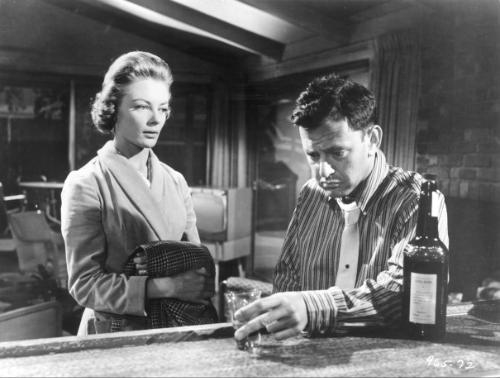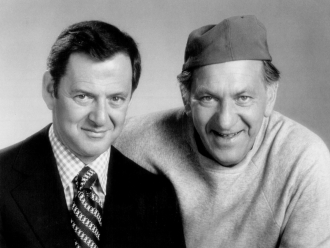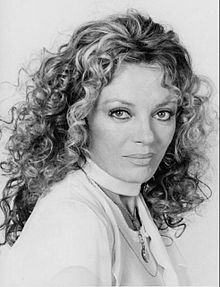Sheree North and Tony Randall
A photo of Sheree North and Tony Randall
Date & Place:
Not specified or unknown.


 Amanda S. Stevenson
Amanda S. Stevenson 



